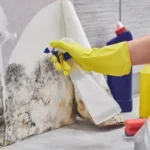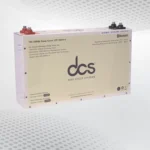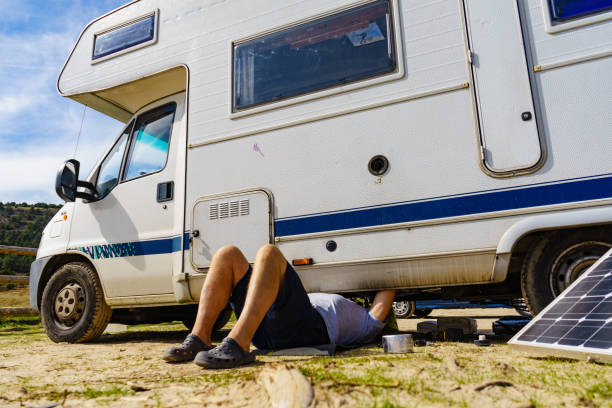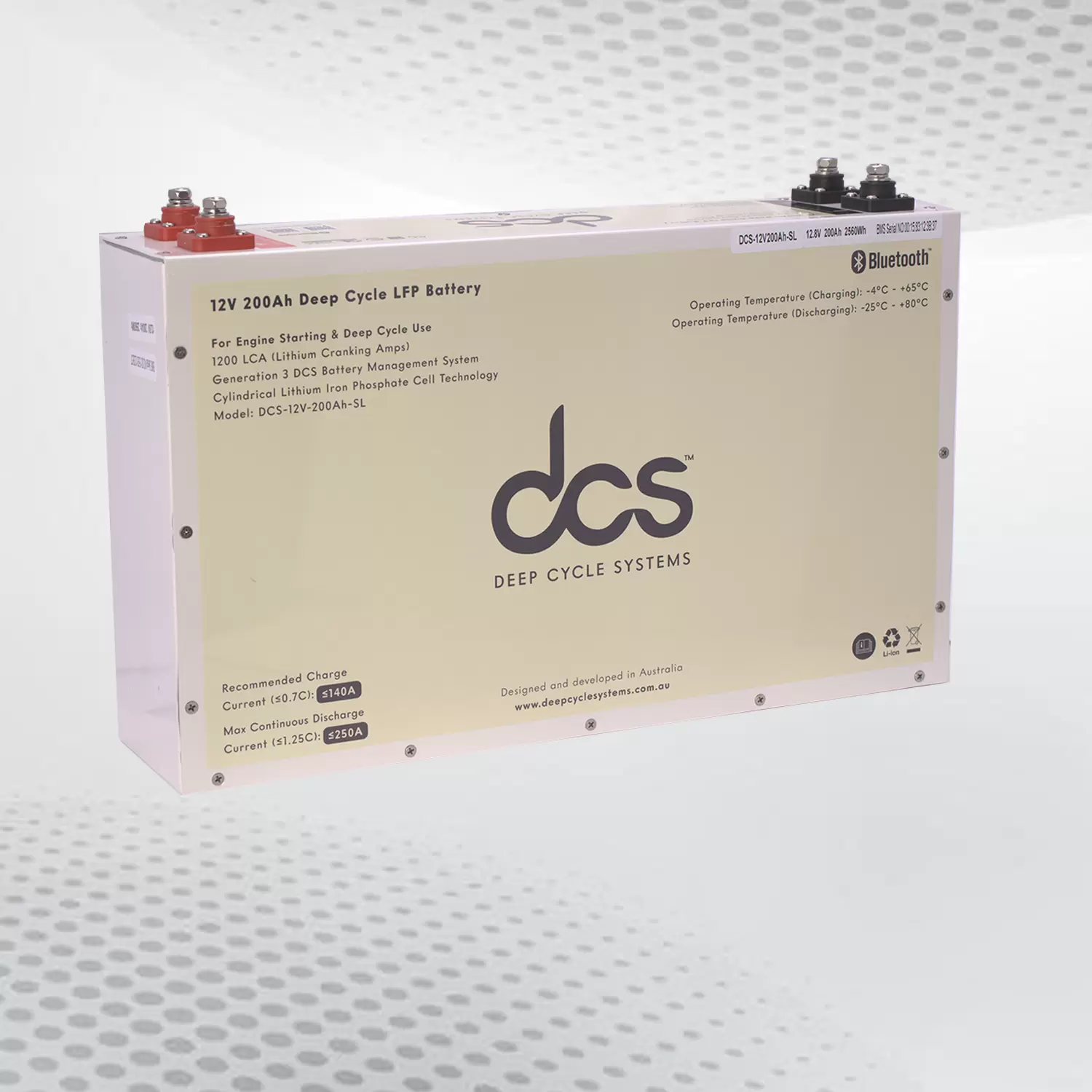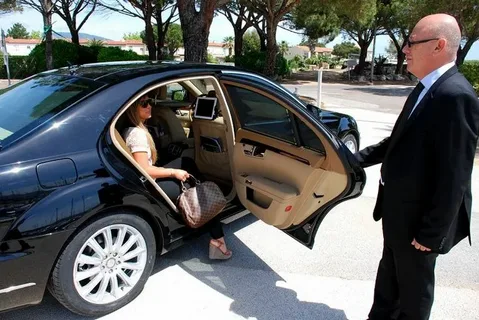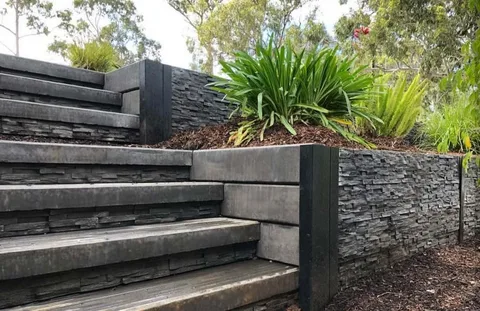Recreational vehicles (RVs) are a great way to explore the open road, offering comfort and convenience. However, like any vehicle, they require regular maintenance and occasional repairs to remain in optimal condition. This guide will cover the most common RV repairs in Tucson Arizona, maintenance tips, and expert advice to keep your RV running smoothly on all your adventures.
Common RV Repairs and How to Address Them
Electrical System Issues
RVs have complex electrical systems, including both 12-volt and 120-volt systems. Problems with lights, outlets, or appliances can arise from blown fuses, faulty wiring, or dead batteries. Regularly check and replace fuses, and inspect wiring for wear and tear to avoid issues.
Leaky Roof
RVs are prone to roof leaks due to constant exposure to the elements. Over time, the roof’s seals and seams may deteriorate, allowing water to seep in. Inspect your roof regularly, especially after heavy rainfall. Use RV-specific sealants to repair any cracks or gaps.
Plumbing Problems
Leaky faucets, broken water pumps, and clogged drains are common RV plumbing issues. Ensure your water pump is working efficiently, replace any worn-out hoses, and clean out drains to avoid blockages. Regularly winterize your RV to protect the plumbing during colder months.
Brake and Tire Maintenance
Tires and brakes are critical for safety. Regularly check tire pressure, tread depth, and condition to prevent blowouts. For brakes, ensure the pads are not worn and that they respond promptly when engaged. Timely replacement of these components is essential to avoid accidents.
Slide-Out Malfunctions
RVs with slide-out sections can experience motor failure or alignment issues. If your slide-out is not functioning properly, check the motor and ensure the mechanism is well-lubricated. Proper alignment should also be checked to prevent wear on the gears.
RV Maintenance Tips for Long-Term Use
Regular Inspections
Inspect your RV at least twice a year for signs of wear and tear. Look at the roof, tires, brakes, and plumbing. Regular inspections can help catch small problems before they become expensive repairs.
Keep It Clean
Washing the exterior of your RV can prevent rust and corrosion. Cleaning the interior, especially the kitchen and bathroom areas, helps avoid issues with mold, mildew, and odors. Make it a habit to deep-clean both the exterior and interior after every trip.
Winterization
If you’re storing your RV for the winter, be sure to winterize it properly. Drain the water system, add antifreeze, and cover your RV to protect it from the elements. This process prevents freezing pipes and other cold-weather damage.
Battery Maintenance
RV batteries can deteriorate over time, especially when not in use. Keep the batteries charged, check fluid levels, and clean the terminals regularly. Store batteries in a cool, dry place when your RV is not in use.
Regular Fluid Checks
Check all the vital fluids, including engine oil, transmission fluid, brake fluid, and coolant. These fluids should be topped up and replaced as needed to ensure your RV runs smoothly. Neglecting these fluids can lead to engine damage.
When to Call a Professional
While many RV repairs can be handled by the owner, there are times when professional help is needed. If you’re facing engine problems, extensive electrical issues, or serious structural damage, it’s best to contact an RV repair specialist. Attempting to fix major issues without expertise could lead to further damage.
FAQs
How often should I inspect my RV?
It’s recommended to inspect your RV at least twice a year or before and after each major trip. Regular inspections help prevent long-term damage.
What should I do if my RV roof is leaking?
If you detect a leak, temporarily seal it with a tarp or roof patch. Once you’re back from your trip, use an RV-specific sealant to address the leak properly or have a professional repair it.
Why is my RV’s water pump making a loud noise?
A noisy water pump could indicate that it’s working harder than necessary, possibly due to trapped air or debris in the system. Check the pump and clean out any debris. If the problem persists, consider replacing the pump.
How can I prevent tire blowouts?
To avoid blowouts, regularly check your tire pressure and ensure they are properly inflated. Replace tires when the tread is worn or if they are older than six years, regardless of appearance.
Is RV maintenance expensive?
The cost of RV maintenance can vary based on the type and frequency of repairs needed. Regular upkeep is key to preventing more expensive problems down the line, so staying on top of maintenance often saves money in the long run.
Summary
Keeping your RV in great shape requires consistent care and attention to detail. By following these tips and addressing repairs early, you’ll be able to enjoy your RV for many years and miles to come.


